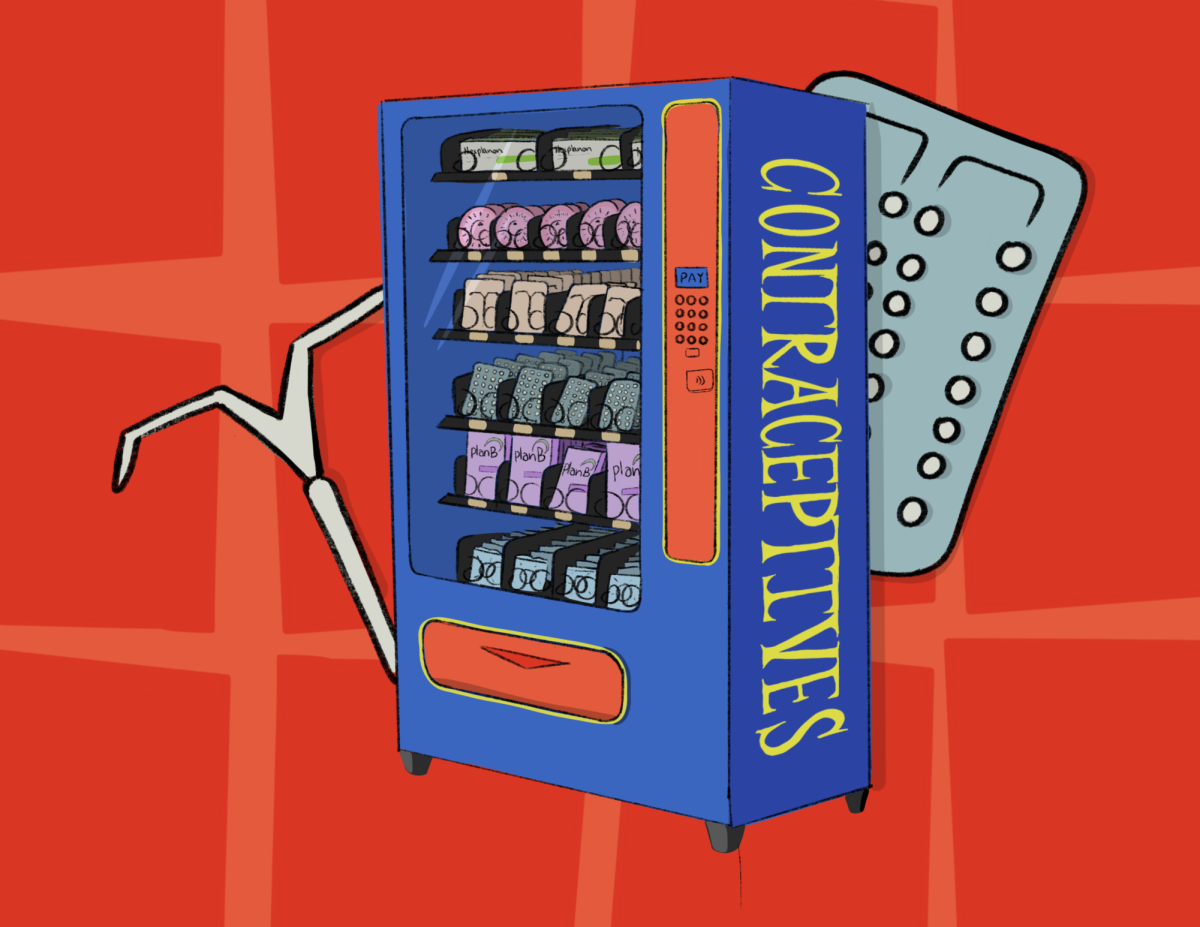The new tax bill has arrived in its final form, and Senate and House Republicans can barely contain their undying enthusiasm for it. The road to passing this seemingly half-baked effort faced a deserved fair share of hiccups along the way, but eventually squeaked its way into law with a Republican majority of 51-48.
Say what you will about the projected pitfalls of the new tax plan, one thing is for sure: It represents a historical shift in policy not felt since the President Ronald Reagan era over 30 years ago. It should be noted that an overhaul of this magnitude will have far-reaching effects on all of us, even students. As students, we should familiarize ourselves with what can be expected to change and what policies will remain untouched.
Americans from every background have nervously watched the maturation of this potentially momentous bill from its early incarnation, to the moment Vice President Mike Pence announced its passing on the Senate floor. In the space between, wild speculations from both parties concerning different evolutions of the bill kept us in a state of uneasy interest and made us unsure what to really believe. Hallway interviews of Republican senators admitting they hadn’t even read the bill they were about to vote for, and the inescapable, hyperbolic promises from both sides guaranteed that no one could relax during the holiday season. To add to the confusion and noise, Republican senators had to grapple with merging two versions of the same bill that proposed some very different changes in policy.
The first version of the bill passed last November brought with it several disheartening statutes. The hallmark of the tax bill, at least according to its authors, was to provide “unprecedented” tax cuts through smart reallocations of government spending.
Some of the chosen avenues in which lawmakers hoped to replace the impending loss of funds took aim at a group not generally assumed to have much capital in the first place: students. One of the outlined policy changes charged with filling the eventual gap pledged to end tax deductions on student loan interest. For students, a population widely known for living frugally and even sometimes meager lifestyles while working towards a career field, this came as a definite blow.
Another item in the bill excused as a shrewd and necessary business decision sought to impact graduate students, but more specifically doctoral candidates. The policy moved to tax government tuition waivers that many Ph.D. students use to cover school and living costs, essentially forcing them to pay the entire tax amount on money they never see.
The anger and frustration many students deservedly exhibited following the bills passing resulted in walkouts and protests across the country. Due to the largely convoluted media coverage before and after the initial bill passed, many irritated Americans decided to tune out altogether. The expectation for what was to come from yet another version of the bill and its muddled pundit assessments failed to reconcile any subsequent attention from an already discouraged public. This is most likely why many early student followers of the tax overhaul are still completely unaware that both the student loan deduction clause and the Ph.D. waiver tax proposal were actually omitted from the final tax proposal before being signed into law on Dec. 22.
This might conjure up a neutral sense of accomplishment for the students who were pulling out their hair in November, but one should find solace in the status quo when the alternative implications potentially posed a more serious threat to financial circumstances than even the most enthusiastic instant-noodle connoisseur could imagine.
One concrete change included in the final draft has the potential to actually help some current or future students but hinder others. An amendment to the Utah 529 Educational Savings Plan, a tax-exempt college fund used for tuition and general school fees, changed from previously allowing only low-income households to participate to also include those earners in the $110,000 tax bracket. Minimums for initiating a plan have also reportedly changed, making it more difficult for its originally intended participants to receive the plan’s benefits.
In what can be considered a bewildering adjustment to the final proposal, Republicans have decided to end the death and disability loan forgiveness tax, a policy that allowed newly forgiven debts to be categorized as taxable income in the instance of debt forgiveness after death or disability. Now, the amount of the debt forgiven is no longer categorized as taxable income, relieving the cosigners of the responsibility to pay it.
In its final form, it is hard to argue the new tax bill looks good for anyone pursuing a higher education.
@TheChrony























cahbf • Feb 4, 2018 at 8:51 am
The tax bill is really just generational theft. It’s printing 1.7 trillion in money we don’t have, giving 85% of it to millionaires, and then leaving our generation to pay it back.